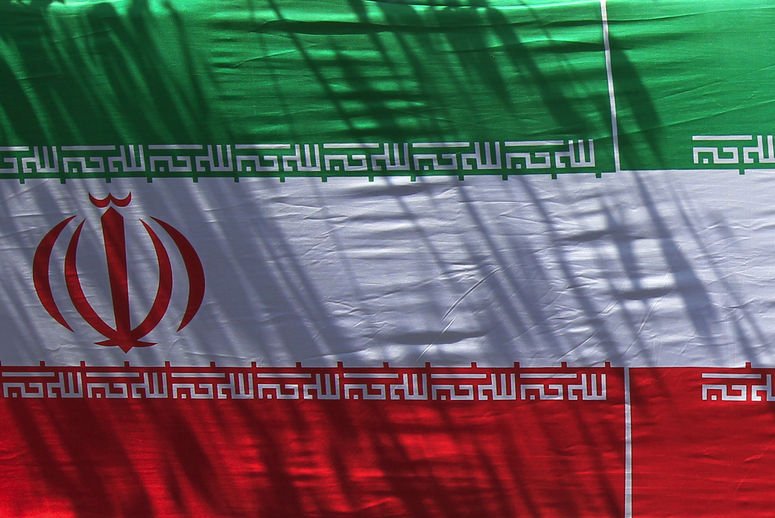Iranian media reports gains in its effort to free national economy from external pressures. File photo by Maryam Rahmanian/UPI. |
License Photo
April 17 (UPI) -- During the first 11 months of the Iranian calendar year, non-oil exports have grown more than 30 percent, state media reported Monday.
Ali Khamenei, the ruling cleric in Iran, has called for a so-called resistance economy, one that limits exposure to international market shocks and sanctions pressures in part by weaning itself off oil for revenue. According to the official Islamic Republic News Agency, non-oil exports for the 11 months ending March 20 were up 33 percent.
IRNA reported that, under President Hassan Rouhani, there were three unidentified "unfinished" national development plans yet to be started that could contribute to the resistance economy. With more than a dozen candidates, including former President Mahmoud Ahmadinejad, entering the race to challenge Rouhani, the English-language Iran Daily reports it was Rouhani who prevented the Iranian economy from collapse.
Projections from the International Monetary Fund in February said the economy of Iran, one of the top oil producers in the Organization of Petroleum Exporting Countries, should grow at a rate of about 4.5 percent, but wax and wane between growth of 6.6 percent this year and 3.3 percent through 2018.
"[IMF] directors emphasized the importance of maintaining prudent macroeconomic policies and building buffers, strengthening the financial sector, and advancing reforms to lessen Iran's reliance on oil and develop the private sector," the IMF's assessment read.
Meanwhile, Iranian Oil Minister Bijan Zangeneh said the South Pars oil and gas field in the Persian Gulf was a symbol of the resistance economy when the president inaugurated more gas developments during a weekend ceremony.
"Inauguration of these projects showed that we can do great jobs and ... can be the first petrochemical power of the region," he said.
An energy company in Qatar, which shares part of the South Pars field with Iran, announced plans in early April to start work on new gas projects in the southern sector of the complex, which Qatar calls North Field.
Zangeneh said on the sidelines of a conference with the Iranian president last week that Iran would match Qatar in terms of regional production.















